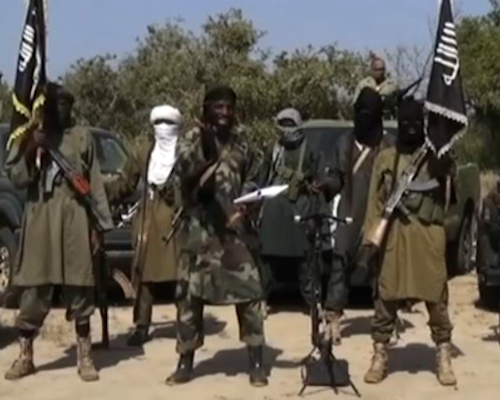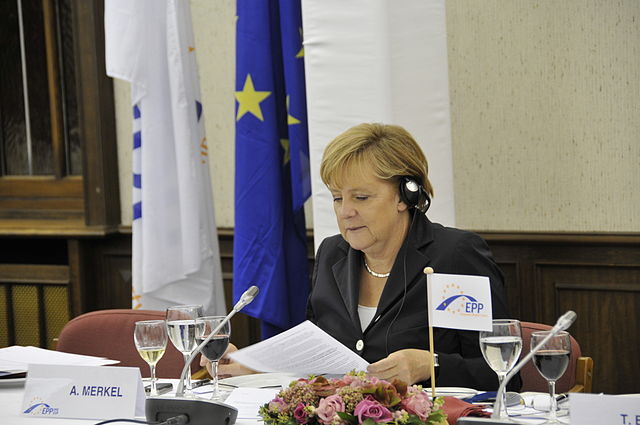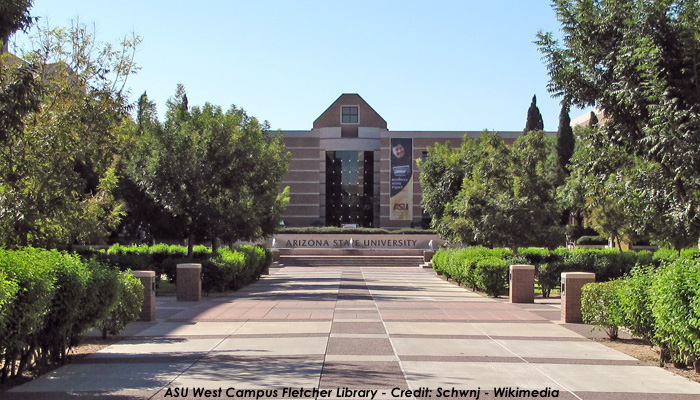Last weekend, I posted a story on Boko Haram’s rout of a multi-national force and capture of a Nigerian base in the country’s northeast:
Nigeria’s strategically significant military base at Baga, near the border of Chad, fell to Boko Haram in a clear rout for the multi-national force stationed there, who apparently put up no resistance.
Some residents, who escaped the fall of the town and fled across Lake Chad and the national border, had reported at the time that Boko Haram had set the town of Baga on fire and was killing people indiscriminately. (Baga was previously also the site of a massacre by government counter-insurgency forces in 2013.)
The reports filtering out since then, about what happened next, are even more grim:
Boko Haram razed at least 16 villages in northern Nigeria, leaving 2,000 people unaccounted for and feared dead since Monday, Nigerian officials said Thursday.
It’s possible some of the missing are in hiding or are outside the country and uncounted (about 2,500 refugees crossed the border this week), but things look bleak on that possibility:
Borno state lawmaker Ahmed Khalifa told NBC News that “towns are just gone” and that the the villages along Lake Chad are “covered in bodies.” The village attacks reportedly began after militants seized a key military base and chased residents out of the area. After clearing the villages, they returned to kill survivors and burn down town structures.
TIME magazine reports this alarming development:
Boko Haram […] controls an estimated 30-35,000 square kilometers, roughly the same amount of terrain as Syria and Iraq’s Islamic State.
It’s pretty telling about U.S. priorities, over-reactions, and under-reactions in different parts of the world that the response to ISIS last year was sharply different — which is to say, not even on the same scale of magnitude — from the response to Boko Haram, even as they now control the same land area by size.
Mass executions by ISIS in Syria and Iraq have so far reportedly topped out at 700 people in a two week killing spree (although the total figures across incidents over the past year are significantly higher). If the civilian body count estimates coming out of north Borno state in northeast Nigeria prove correct, Boko Haram will have already significantly exceeded the August 2014 massacres by ISIS.
Keep in mind, however, that public official/government reports on the insurgency in Nigeria have often proven greatly exaggerated or altogether false, and information coming out of the Baga area is likely to be very sketchy at best right now. At minimum, though, the intensity and frequency of Boko Haram’s attacks on military and civilian targets (especially near the border regions) appear to be picking up steam.
Added January 9 at 7:33 PM ET: — Report from Amnesty International via the AP:
Hundreds of bodies — too many to count — remain strewn in the bush in Nigeria from an Islamic extremist attack that Amnesty International suggested Friday is the “deadliest massacre” in the history of Boko Haram.
[…]
District head Baba Abba Hassan said most victims are children, women and elderly people who could not run fast enough when insurgents drove into Baga, firing rocket-propelled grenades and assault rifles on town residents.
“The human carnage perpetrated by Boko Haram terrorists in Baga was enormous,” Muhammad Abba Gava, a spokesman for poorly armed civilians in a defense group that fights Boko Haram, told The Associated Press.
He said the civilian [self-defense] fighters gave up on trying to count all the bodies. “No one could attend to the corpses and even the seriously injured ones who may have died by now,” Gava said.
Also: The BBC reports that nearby Niger’s troops will no longer be participating in the multi-national force in Borno state due to the deteriorating security situation (which seems a bit counter-intuitive since they’re supposed to be helping with that exact problem):
Soldiers from Niger had been there [at Baga base] but were not present when it was attacked.
Niger Foreign Minister Mohamed Bazoum told the BBC Hausa service: “We have 50 soldiers there and decided to withdraw them after Boko Haram captured Malamfatori town in October and continued to operate in the area with impunity.
“As you know, Baga is under [the control of] Boko Haram terrorists and unless the town is recaptured from them, we will not send back our troops.

Still image (via AFP) from a Boko Haram video communiqué received October 31, 2014.








